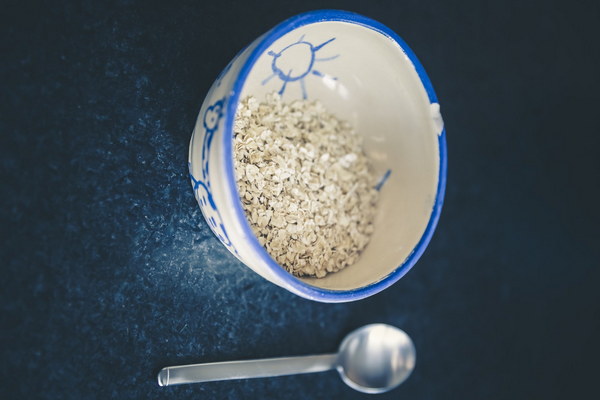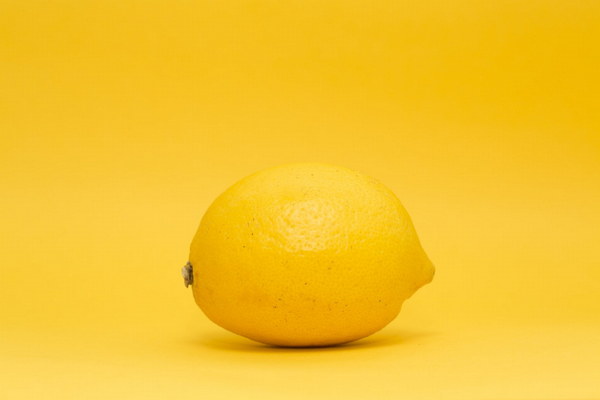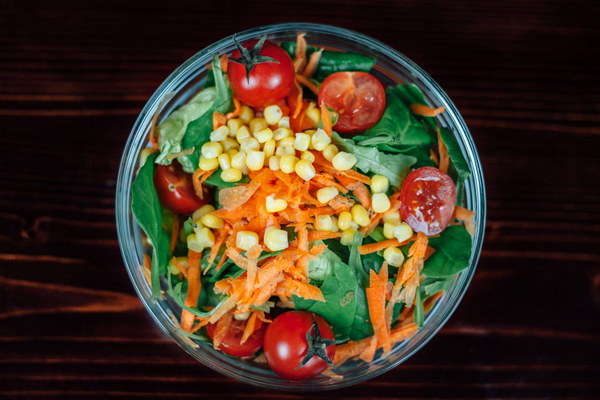Boost Your Kidney Health with Bee Propolis A Natural Wonder for Renal Support
In the realm of natural health and wellness, the benefits of bee propolis have been widely recognized for centuries. This sticky, resinous substance, produced by bees, serves as a natural sealant for their hives. But beyond its protective role, bee propolis has emerged as a potent natural remedy for a variety of health conditions, including kidney support. In this article, we will explore how bee propolis can be an effective supplement for kidney health, its potential benefits, and how to incorporate it into your daily routine.
Understanding Bee Propolis and its Composition
Bee propolis is a complex mixture of resins, beeswax, pollen, and plant juices, which bees collect from trees and other plants. This substance is rich in bioactive compounds, including flavonoids, phenolic acids, and amino acids, which contribute to its healing properties. When bees combine these natural ingredients, they create a powerful elixir that not only protects their hives from invaders but also offers numerous health benefits to humans.

The Role of Bee Propolis in Kidney Health
The kidneys are vital organs responsible for filtering waste products from the blood, maintaining fluid and electrolyte balance, and producing hormones that regulate blood pressure and red blood cell production. However, due to various factors such as poor diet, environmental toxins, and genetics, the kidneys can become compromised, leading to kidney diseases like nephritis, kidney stones, and chronic kidney disease.
Bee propolis has been found to possess several properties that can support kidney health:
1. Anti-inflammatory and Antioxidant Effects: Bee propolis contains flavonoids and other antioxidants that can help reduce inflammation and oxidative stress in the kidneys, potentially slowing the progression of kidney diseases.
2. Antibacterial and Antiviral Properties: Bee propolis has been shown to have antibacterial and antiviral effects, which can help combat infections that may affect the kidneys.
3. Kidney Protective Effects: Some studies suggest that bee propolis can protect kidney cells from damage, potentially preventing the onset of kidney diseases.
4. Blood Pressure Regulation: Bee propolis has been found to help lower blood pressure, which is essential for maintaining kidney health.
How to Incorporate Bee Propolis into Your Daily Routine
To enjoy the potential health benefits of bee propolis, consider the following options:
1. Bee Propolis Supplements: Available in capsules, tablets, or liquid form, these supplements are convenient and easy to incorporate into your daily routine.
2. Bee Propolis Tincture: A tincture made from bee propolis can be taken internally or applied topically for its healing properties.
3. Bee Propolis Tea: Brew a cup of tea using bee propolis powder or tincture for a refreshing and healthy beverage.
4. Topical Applications: Bee propolis ointments and creams can be applied to the skin for wound healing and skin irritations.
Potential Side Effects and Precautions
While bee propolis is generally considered safe for most people, it is important to be aware of potential side effects and precautions:
- Allergies: Individuals with allergies to bees, pollen, or other plant substances may experience allergic reactions to bee propolis.
- Pregnancy and Breastfeeding: It is advisable to consult a healthcare professional before taking bee propolis supplements during pregnancy or breastfeeding.
- Medication Interactions: Bee propolis may interact with certain medications, so it is essential to discuss its use with your healthcare provider if you are taking prescription drugs.
In conclusion, bee propolis is a natural wonder that offers numerous potential benefits for kidney health. By incorporating this remarkable substance into your daily routine, you may be able to support your kidney function and overall well-being. Always consult with a healthcare professional before starting any new supplement or treatment, especially if you have existing health conditions or are taking medication.









